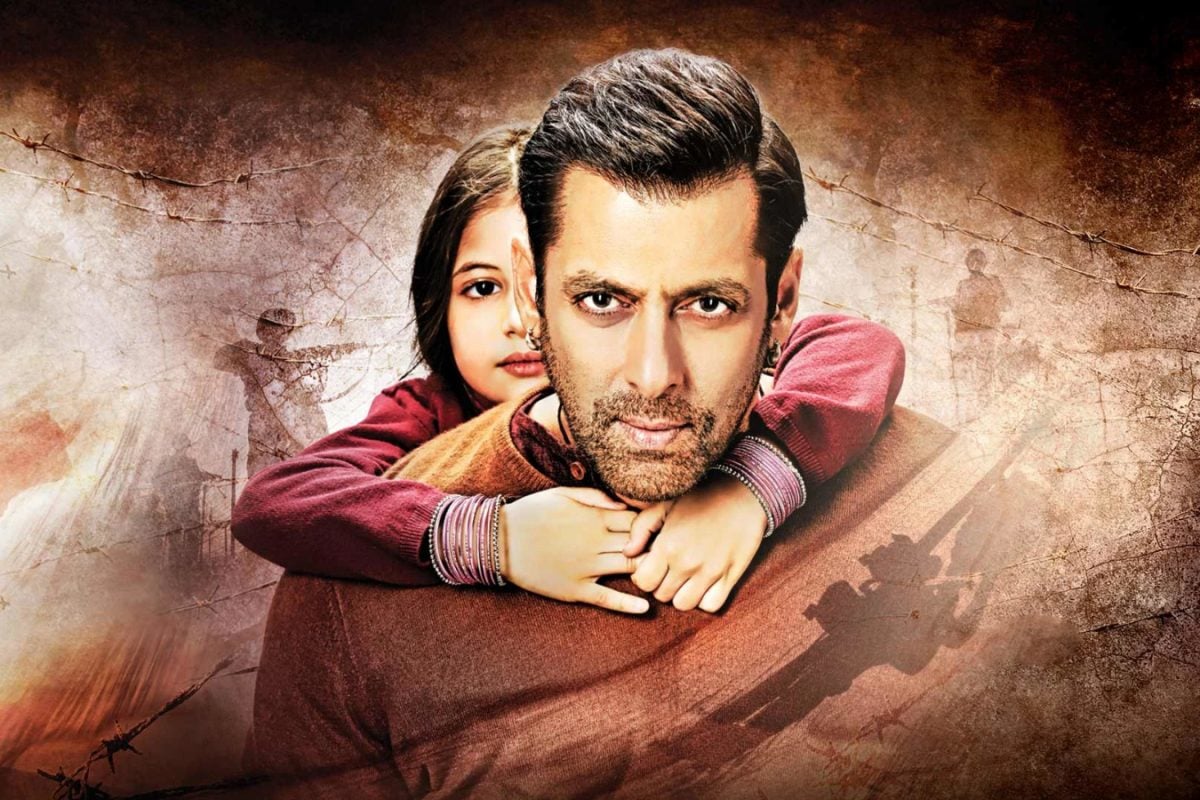

Kabir Khan, the director of the widely acclaimed 2015 film Bajrangi Bhaijaan, recently revealed that he had to fight to keep the "Jai Shri Ram" dialogue in the movie. Speaking at an event, Khan shared that the Central Board of Film Certification (CBFC) wanted to remove the dialogue, fearing it would offend Muslim audiences. However, Khan stood his ground, insisting that the scene was crucial to the film's message of unity and compassion.
The scene in question features the late Om Puri, playing a Pakistani maulvi, blessing Salman Khan's character, Bajrangi, with the words "Jai Shri Ram". Bajrangi, a devout Hindu and Hanuman devotee, is hesitant to say "Khuda Hafiz" in return. The maulvi then asks, "Aap logo me kya kehte hai? Jai Shri Ram, na?" (What do you guys say? Jai Shri Ram?). Without hesitation, Om Puri's character says, "Jai Shri Ram".
Khan explained that the CBFC's concern was that Muslim viewers might not like a Muslim character uttering a Hindu religious phrase. However, Khan, himself a Muslim, argued that the dialogue was not intended to be offensive but rather to promote harmony. He recalled growing up in Delhi, where "Jai Shri Ram" was a common greeting and not a political statement. He emphasized that the film's core message was about goodness and that people would appreciate it.
Khan's conviction proved right. He recounted watching the film on its opening day, which coincided with Eid, at a theater in Mumbai. The audience, which included many Muslim blue-collar workers, erupted in cheers during the "Jai Shri Ram" scene. This, he said, was a clear indication that the film's message of unity had resonated with viewers, regardless of their religious background.
Bajrangi Bhaijaan tells the story of Pawan Kumar Chaturvedi (Salman Khan), a kind-hearted Hanuman devotee who embarks on a journey to reunite a mute Pakistani girl, Shahida/Munni (Harshaali Malhotra), with her family across the border. Along the way, he faces numerous challenges and encounters people from different backgrounds who help him understand the true meaning of humanity. The film also stars Kareena Kapoor Khan and Nawazuddin Siddiqui in pivotal roles.
The film was lauded for its sensitive portrayal of India-Pakistan relations and its message of跨文化 understanding. Khan has stated that Bajrangi Bhaijaan was a reflection of his observations of society and a response to growing religious discrimination. He aimed to highlight the "artificial boundaries" that divide people based on religion, caste, or nationality, emphasizing that these are "man-made" and "unnatural".
Bajrangi Bhaijaan went on to become one of India's highest-grossing films and received the National Film Award for Best Popular Film Providing Wholesome Entertainment. The film's success, according to Khan, lies in its ability to connect with audiences of all ages and backgrounds, conveying a message of unity and compassion in an engaging and entertaining manner.
Recently, the film made headlines again when Netflix uploaded an edited clip from the film, cropping out the "Jai Shri Ram" dialogue. This sparked outrage among netizens, who accused the streaming platform of censorship and insensitivity. Netflix later deleted the post.
Kabir Khan's fight to retain the "Jai Shri Ram" dialogue in Bajrangi Bhaijaan underscores the importance of artistic freedom and the power of cinema to promote dialogue and understanding. The film's enduring popularity is a testament to its universal message of humanity, which transcends religious and political boundaries.